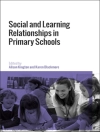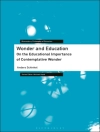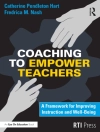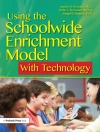Museum exhibitions focusing on Native American history have long been curator controlled. However, a shift is occurring, giving Indigenous people a larger role in determining exhibition content. In Decolonizing Museums, Amy Lonetree examines the complexities of these new relationships with an eye toward exploring how museums can grapple with centuries of unresolved trauma as they tell the stories of Native peoples. She investigates how museums can honor an Indigenous worldview and way of knowing, challenge stereotypical representations, and speak the hard truths of colonization within exhibition spaces to address the persistent legacies of historical unresolved grief in Native communities.
Lonetree focuses on the representation of Native Americans in exhibitions at the Smithsonian’s National Museum of the American Indian, the Mille Lacs Indian Museum in Minnesota, and the Ziibiwing Center of Anishinabe Culture and Lifeways in Michigan. Drawing on her experiences as an Indigenous scholar and museum professional, Lonetree analyzes exhibition texts and images, records of exhibition development, and interviews with staff members. She addresses historical and contemporary museum practices and charts possible paths for the future curation and presentation of Native lifeways.
Circa l’autore
Amy Lonetree (Ho-Chunk) is associate professor of American studies at the University of California, Santa Cruz, and co-editor, with Amanda J. Cobb, of The National Museum of the American Indian: Critical Conversations. She is co-author of People of the Big Voice: Photographs of Ho-Chunk Families by Charles Van Schaick, 1879-1942.












